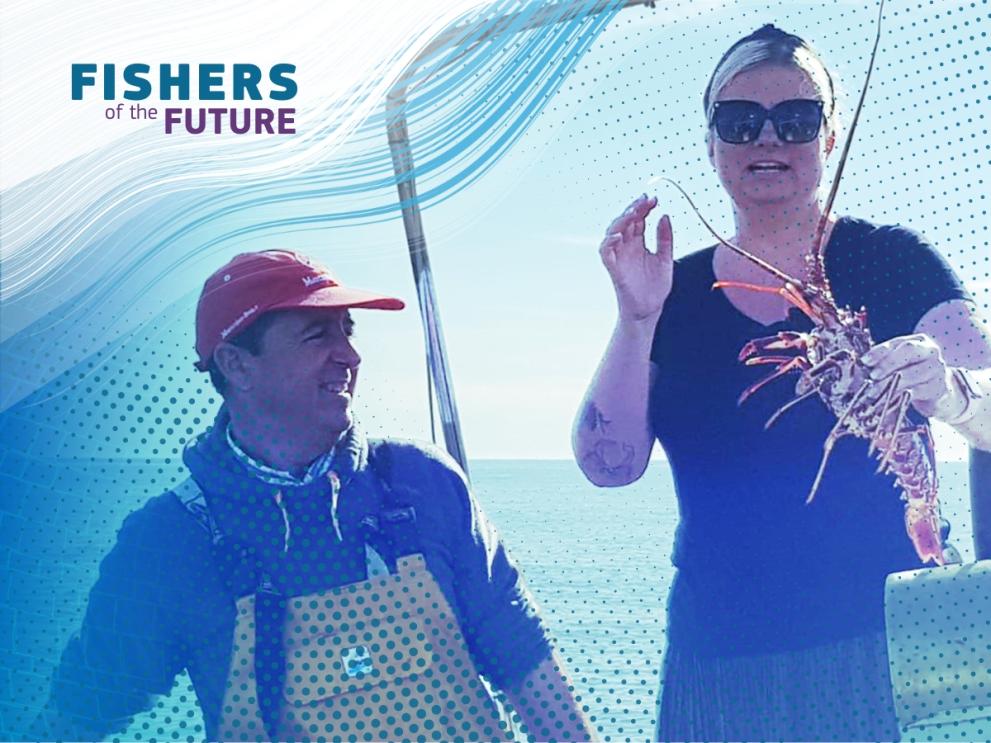Values: maximising income, entrepreneurship, diversification.
The adaptive fisher is a 40-year-old part-time fisherman living in a coastal community of one of the EU sea basins, and owning a small-scale under 12 m vessel. As he has no land and does not know much else apart from fishing, and the nearest urban centre where he could get a job is far away. Local 'pescatourism' that he has developed alongside his fishing activity presented itself as an obvious avenue to diversify his activity. It allows him to capture benefits from the growing influx of seasonal tourists, generate additional income, and make up for a shortfall in declining catches. He admits that he was reluctant to diversify his activities at first for fear of losing his identity and self-respect as a fisher, as well as stepping out of the norm. However, financial pressures and the realisation that he could share his love of fishing and of the place he comes from with newcomers persuaded him.
He thinks that taking tourists on boat trips for wildlife watching and getting them to experience lifting nets, is helping raise their awareness about what fishing is about. Interactions with tourists can be fun; he particularly likes the looks on children’s faces when they catch a fish for the first time, and it pleases him to know that this could change their connection with the sea. It’s a bonus when he can also sell fish directly to tourists, and when they eat the fish he has caught in local establishments it ends up benefitting the local economy as well, which has reinforced his links with his community.
Getting recognition and appreciation from outsiders has renewed his dignity as a fisher too. Having another source of income also means that he is under less stress to make ends meet, and he has noticed the positive impact on his mental health.
Diversifying is not as simple as it looks though. He had to delve into new rules and regulations, obtain the necessary permits, and learn new skills such as how to advertise, price his services and interact with clients. He also had to upgrade his boat for tourists’ safety, and this turned out to be quite costly even though he accessed a grant to do so. He has also completed a training course to understand what tourists are after and now feels more confident in running both his fishing and pescatourism enterprises side by side.
The latter has opened new opportunities of employment for his wife running their bed and breakfast for the tourists he takes fishing, which she is happy about. He remains prudent though as he knows the profitability of his family business depends on creating memorable experiences, and that meeting customers’ expectations can be challenging. He has had to work a lot on his social skills, and he’s still not very accustomed to all the communication, social media and marketing involved in getting his services known.
He knows he could always revert to fishing, where his heart truly lies, but he senses that if he can continue to balance fishing and pescatourism successfully, it could mean a job and a future in the community for his children, and this matters a lot to him.
This list of fishers’ profiles today is not exhaustive. It is meant to capture a broad range of characteristics in order to inform the next phases of the project. Possible profiles of future fishers will be published at the end of the study.

